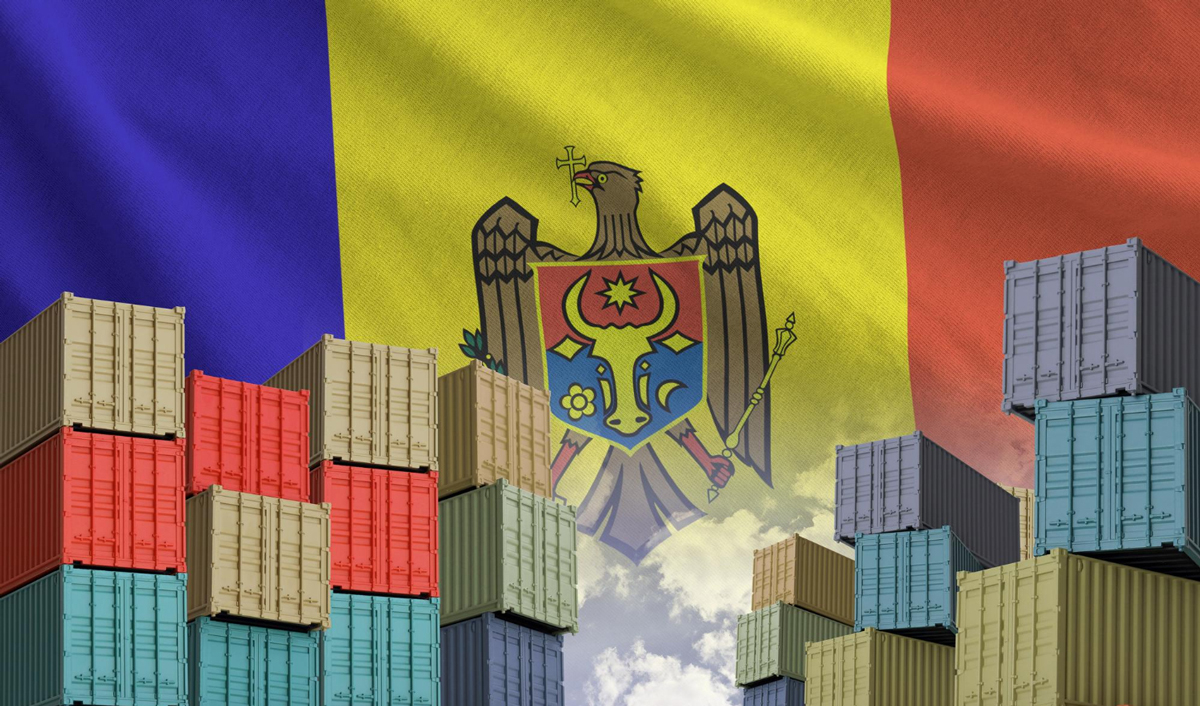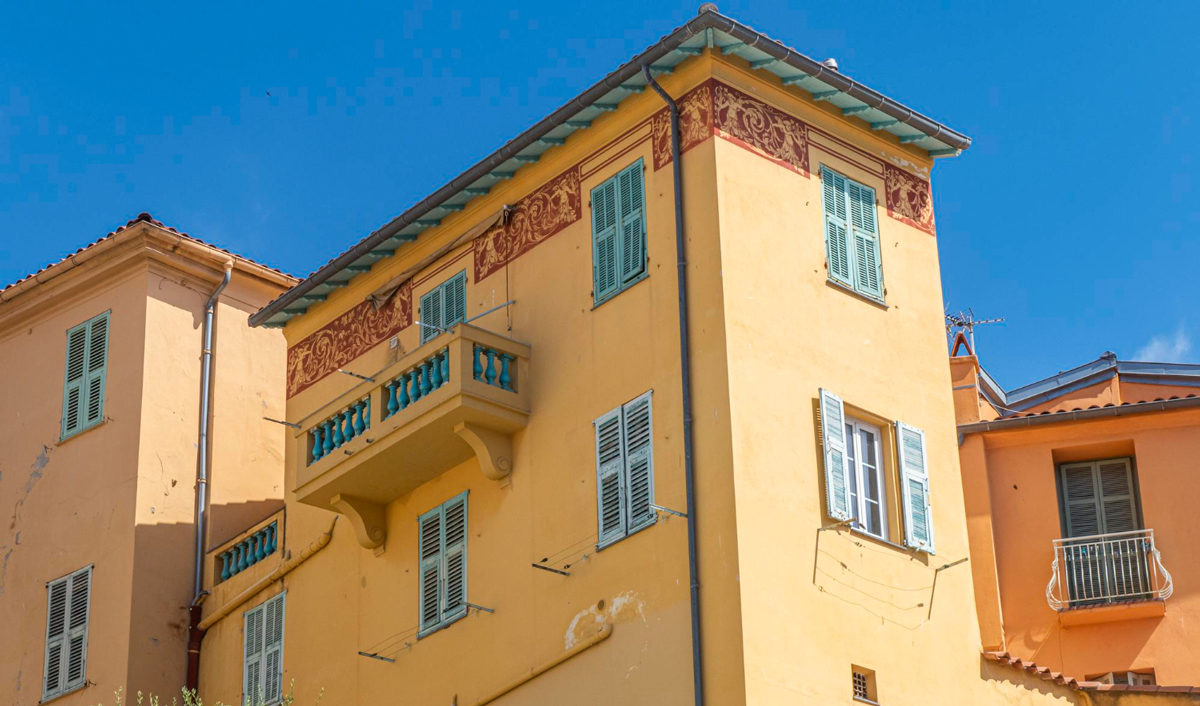
As RBC-Ukraine notes, according to the memorandum with the IMF, a tax on online sellers (the so-called OLX tax) will be introduced by the end of 2025. A special tax regime has been developed for individuals who earn income through digital platforms.
If the user meets the requirements, he will be able to pay tax at the rate of 5%, and the duties of the tax agent will be assigned to the operators of the platforms. They will be obliged to identify sellers who fall under reporting, verify their data and submit reports on the income of such users to the State Tax Service.
The list of objects of taxation includes rent of residential and commercial real estate, parking spaces, rent of vehicles, sale of goods and provision of other services.
The bill obliges Ukrainians who sell goods or services via the Internet to open separate bank accounts. Taxes will be levied on them. At the same time, a simplified procedure for small sellers is also defined. In case of no more than three sales of up to 2,000 euros (about 100,000 hryvnias) per year, they will be able to work without opening a separate bank account.
Another innovation – excise tax on sweet drinks – has long been an international practice. More than 100 countries apply this tax. It has a double effect: on the one hand, it fills the budget, on the other hand, it stimulates a healthy lifestyle.
In Ukraine it is planned to tax not only drinks with sugar, but also with sweeteners. Since this is rather an exception in the world, the provision has already caused controversy.
According to the project, the excise tax rate will be 0.1 euros per liter (approximately 5 hryvnia). As a result, a two-liter bottle of popular cola may rise in price by about 12 hryvnias, experts have calculated.













